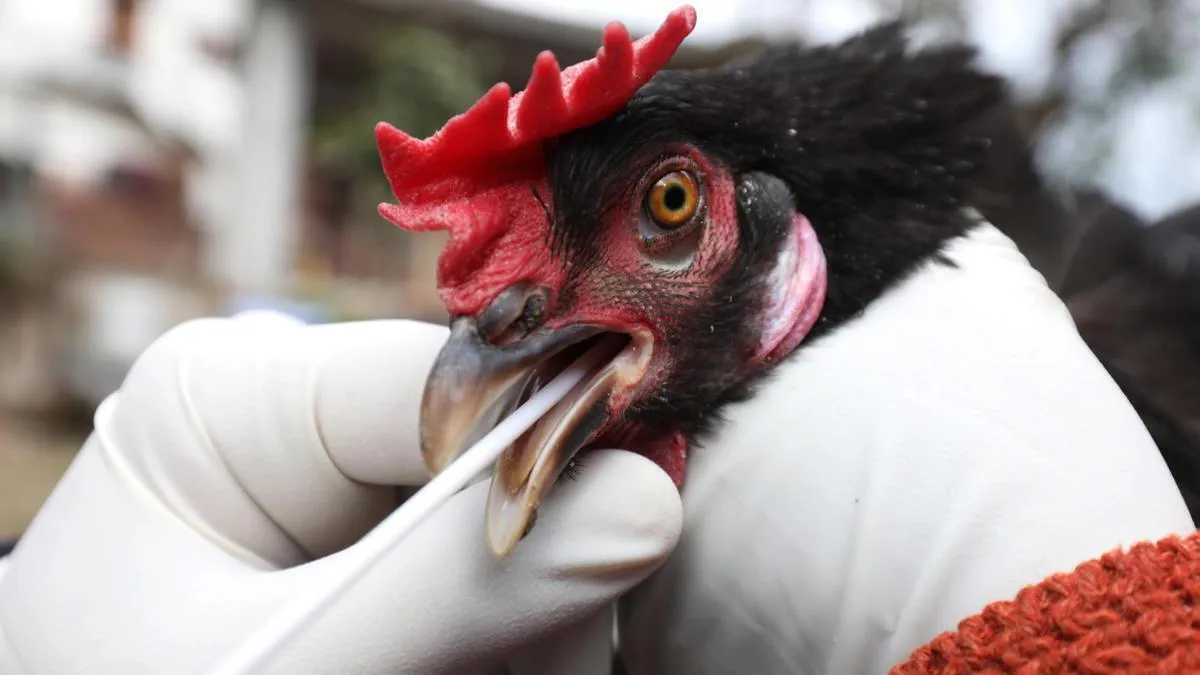Iranian Researchers Produce Recombinant Bird Flu Vaccine

The success is the result of the specialized thesis of Amir Asqari, a student of the Faculty of Veterinary Medicine of the University of Tehran and it can reduce the symptoms of H9N2 bird flu and increase the level of immunity.
“To produce this vaccine, Pichia pastoris yeast was used which is a safe yeast, has probiotic properties, enjoys a very high ability to produce recombinant proteins and is free of endotoxin contamination,” said Jamshid Razmyar, an Associate Professor of the Faculty of Veterinary Medicine of the University of Tehran.
He added that information on how to make the vaccine has been submitted for patent and is in the final stages of judging, noting that the first article about the research was accepted in a Scopus-indexed journal (Iranian Journal of Veterinary Medicine) with the title ‘Serological Evaluation of H9-RBD-Pichia, a Novel Recombinant Influenza Vaccine, in BALB/c Mice’, and the second and third articles were also accepted.
Noting that the results of the research are now in the process of being submitted to the prestigious international journals, Razmyar said, “Necessary measures are being adopted to optimize the vaccine production in semi-industrial and then industrial conditions.”
The Biotechnology Development Headquarters of Iran had in February announced plans to develop and produce vaccines for meningitis and pneumonia.
Meningitis is one of the common diseases in the country, which affects 7,079 people every year, Mostafa Ghaneyee, the secretary general of the Biotechnology Development Headquarters, said.
Pointing out that vaccine development in this field is on the agenda, he said, “Vaccination of adolescents aged 11 to 12 years and a booster dose at 16 years old is recommended.”
Ghaneyee also referred to the prevalence of pneumonia, which is reported from 2.1 percent to 5.21 percent in the country.
“Every year, 4.5 million people in the country get infected with the disease, and during epidemic periods, we see a 57 percent increase in the cost of prescribing antibiotics,” he went on to say.
In this field, vaccines are being produced, he highlighted.
4155/v





















